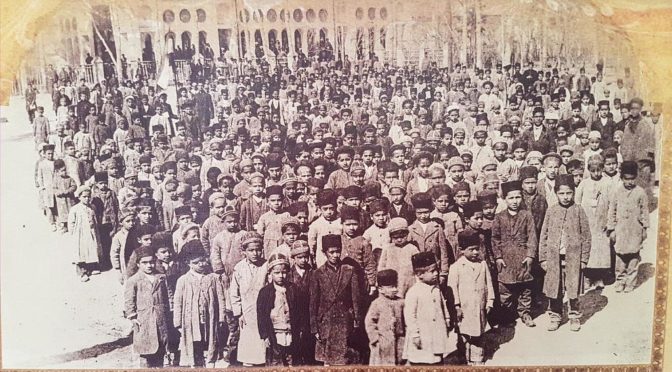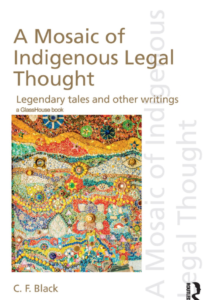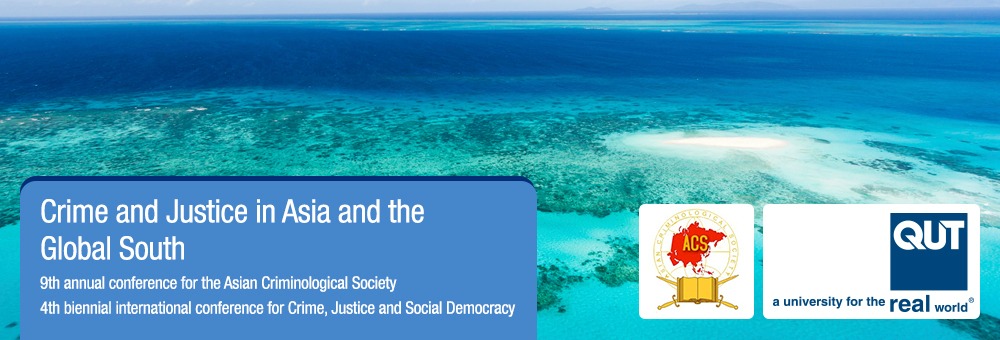At a talk on southern theory in the Postcolonial Institute, Raewyn Connell invoked the imaginary ideal of the ‘smoke-filled Oxford pub’. This image seemed to epitomise what I once aspired to as an undergraduate at the University of Melbourne. Here, learned gentlemen would draw on their classical knowledge in the exchange of rhetorical contributions to a theme, augmented by puffs of the pipe and glasses of claret.
Her recent book The Good University considers the evolution of the corporate model that has largely replaced the mortarboard with the business suit. The new ideal is a smart suited man or woman who can invoke the unlimited horizons that inspire capital, including new technologies and global markets.
It would be tempting to feel nostalgic for the old distinction between “town and gown”. Connell’s book instead offers a plurality of models: “No single knowledge formation exhausts the human possibilities of knowing.” This includes the Visva-Bharati “world university” established in India, the Al-Azhar established in Cairo during the Fatimid dynasty, or recent models such as the Slow Professor movement in Canada.
Connell’s writing is clear and succinct, but it would have been good to see her purview extended to include less formal communities of independent scholars. Eastern models of the scholar offer an embodied understanding of learning that includes taste as well as knowledge. The generation of postgraduates that have been produced by the expansion of the university beckons some form of community that can be sustained outside formal structures. Some mention could be made of the tools that we have today for collaboration that can enable shared learning without the infrastructure that brings corporate interests.
Raewyn Connell has been exemplary herself in sharing this knowledge through her blog on academic practices such as giving conference papers.
We might hope for companion books that offer alternatives to the corporatised institutions – the Good Hospital or even the Good Office.
The Good University is published by Zed Books.




